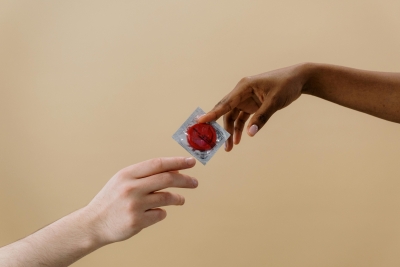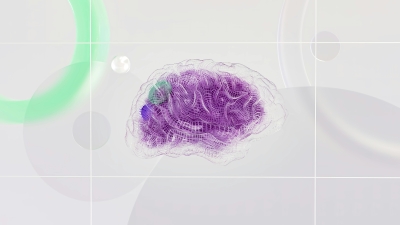Gout and alcohol consumption
Gout and alcohol consumption
How can alcohol consumption affect Gout?
According to the Brazilian Society of Rheumatology (1), gout is an inflammatory disease that mainly affects the joints and occurs when the level of uric acid in the blood is above normal levels (hyperuricemia). As alcohol consumption is one of the risk factors for this disease, recent research (2) sought to analyze the association between alcohol consumption and damage caused by gout, especially the formation of “tophi”. These are skin nodules that generally form around joints, such as the knees, elbows and fingers.
In this Chinese study, more than 500 patients diagnosed with gout were studied, and it was sought to evaluate the association of gout with the frequency of consumption, as well as the quantity, time and type of alcoholic beverage consumed. To compare consumption patterns, the researchers separated three groups: abstainers, moderate drinkers and excessive drinkers. In general, excessive drinkers are those who consume more than 5 alcoholic drinks per week.
The researchers found significant associations between the consumption pattern and the appearance and severity of tophi resulting from gout. Compared to abstainers, people who drank excessively had a higher proportion of tophi, with greater size and quantity. Excessive consumption increases the chance of detecting tophi by 79%. Furthermore, long-term drinking, defined as consumption for more than ten years, increased the chances of detecting tophi by 96%; finally, the drinking of distilled beverages more than doubled the chances of detecting gout tophi.
Given these data, the authors concluded that long-term, excessive alcohol consumption and distilled beverages were predictors for the development of severe gout, with the appearance of tophi. Furthermore, for people who already have tophi, the authors conclude that any amount of alcohol (even moderate) leads to the worsening of the condition, with the appearance of more tophi.
References:
- Sociedade Brasileira de Reumatologia. Doenças reumáticas: Gota. 2022. Disponível em: https://www.reumatologia.org.br/doencas-reumaticas/gota/
- Han, L., Li, R., Lu, J., Ren, W., Ning, C., Pang, J., ... & Li, C. (2023). Association of the quantity, duration, and type of alcohol consumption on the development of gouty Tophi. Arthritis Care & Research, 75(5), 1079-1087.











